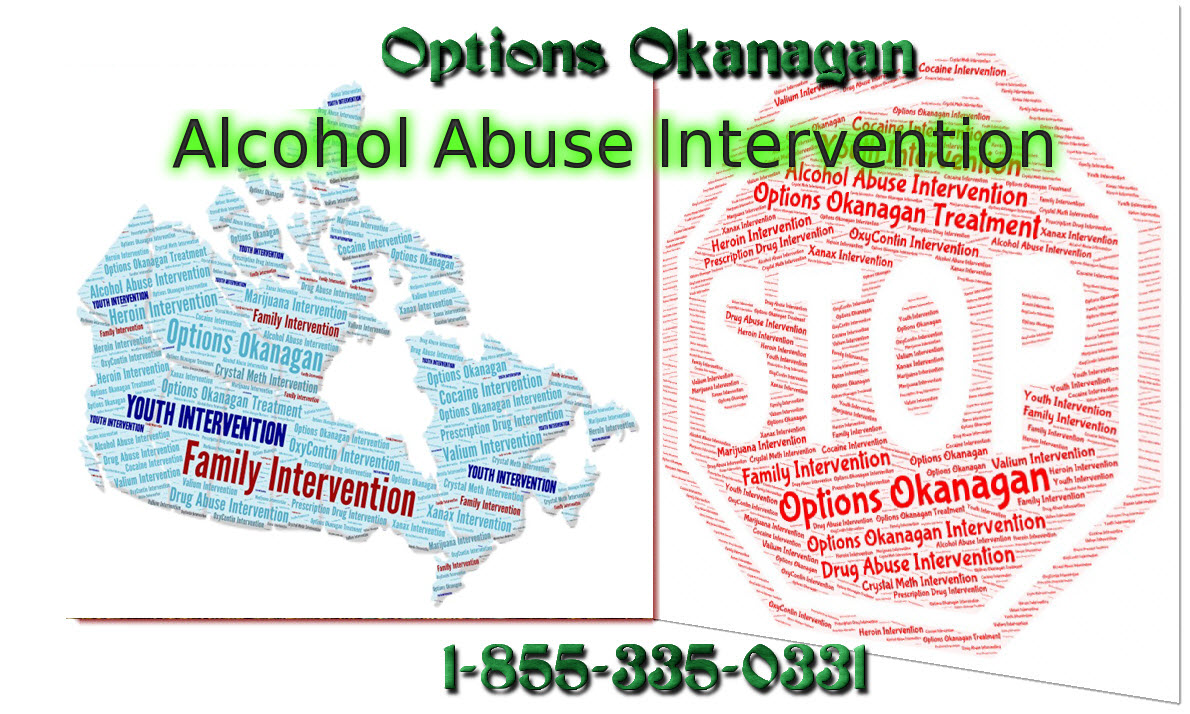Exercising and self-care will help people remain sober. Alcohol addiction rehab treatment clinics programs in Alberta and British Columbia – Options Okanagan Treatment Centers in Kelowna and Salmon Arm (Shuswap), British Columbia treating opiate, drug and alcohol addiction and recovery.
Alcohol & Drug Rehabs In Alberta And BC
Personal hygiene, exercising can help control alcohol or drug addiction. Obviously, working-out or exercising every day has a good effect on the human body. Walking and exercising daily can help a person maintain a healthy weight, improve cardio health, and gain muscle mass. However, when one recovers and goes to the gym, it is more than just maintaining a strong body. The fact is, exercise and training are very important to lead a healthy and balanced life after therapy.
Exercise has tremendous mental and psychological health benefits and can also be an important part of a conscious life. Regardless of whether a person is participating in a medical-assisted therapy program in SMART or 12-Step Recovery, exercise can be incorporated directly into their recovery program to help them heal.
Many people with different substance use disorders (SUD) have actually discovered that working-out helps to distract them from addiction cravings. Walking and working-out add structure to a person’s day. Working-out helps developing positive social links, and also helps in dealing with clinical depression, anxiousness, and stress in combination with various other therapies.
Whether a person is new in recovery or has actually been sober for several years, incorporating exercising into a day-to-day regimen can have terrific benefits and advantages for a person’s physical and mental, psychological health. Here is some information a person needs to understand about exercising as a tool for recovery, and how they can begin right away.
Mental Health Benefits and Advantages of Exercising
The majority of individuals work-out or exercise for mental, psychological health reasons. Nevertheless, exercise is excellent not just for the body but also for the mind too. There are leading scientific journals report that exercising boosts mental, psychological health by lowering stress and anxiousness, clinical depression, negative moods or state of mind and by boosting self-confidence and cognitive functions.
There are numerous reasons this holds true, and the one fact is exercising increases blood circulation to an individual’s brain. This impacts a person’s pituitary gland and helps to control a person’s reactions to stress and anxiety. Given that stress and anxiety are significant risk factors in relapses, this can help an individual stay sober.
On top of that, when a person works-out, their body releases endorphins consisting of dopamine, norepinephrine, and also serotonin. These chemicals, the very same ones that are released when an individual uses drugs, are the reason for the “runner’s high.” When an individual gets endorphins via work-outs, it is a much healthier method to take advantage of the brain’s pleasure systems.
The Social Benefits and Advantages of Exercising
Exercising is not just about benefitting a person’s body and brain. There are social benefits and advantages that a person most likely has not thought about. Consider this: The majority of the exercising happens outside the house, so an individual is either going to fitness centers, health clubs, gyms or going outdoors into nature, which has its very own host of health benefits and advantages. Simply getting involved in public and engaging in these areas can help a person get out of their very own head-space.
Naturally, team and club sporting activities have the additional fringe benefit of connecting a person much more closely to their community. Numerous health and physical fitness clubs throughout the country concentrate on serving people who are in addiction recovery. These locations acknowledge that bonding over health and fitness is an excellent way to develop a supportive, encouraging recovery community that is centered on healthy and balanced routines and behaviors. Signing up with a recreational team or group, a gym, fitness center, health club or a recovery-focused fitness organization can help an individual get in touch with other individuals that are living a sober life in recovery.
It’s Alright to Start Small
Beginning a health and fitness regimen can be daunting, however, it does not need to be. Delving into a regular routine that an individual finds overwhelming and frustrating is setting themselves up for failing. As a result of this, it is necessary to bear in mind that an individual can get the benefits and advantages of exercising from even subtle, easy-to-maintain regimens. There are plenty of benefits and advantages to beginning small.
One research study discovered that people with mental disorders benefitted from half an hour of moderate exercising only 3 days a week. Even much better, the benefits and advantages coincided even when the half an hour of exercising was separated throughout the day. For instance, choosing a ten-minute stroll before and after work as well as on a person’s lunch break can benefit their mental, psychological health, without taking much added time from a person’s daily routine.
Find An Exercise An Individual Likes
Nowadays, there are many ways of exercising. A person can maintain a simple and straightforward exercise, by choosing to walk around their community or workplace. If a person favors a much more intense work-out routine they can access training and groups in everything from weight training to soccer. If a person likes solitude, privacy, and quiet, swimming laps could be their choice.
Any sort of exercising or work-outs can provide mental, psychological health benefits and advantages, as well as help, strengthen a person’s recovery. One of the most important things is to select the kind of exercise or work-out that an individual takes pleasure in. This will certainly make it much easier to exercise regularly, which is one of the most important elements for individuals attempting to enjoy the mental, psychological health benefits of exercising.
Options Okanagan Opiate and Alcohol Treatment Centers in Kelowna, Salmon Arm and Vancouver, British Columbia – Men and Women are recovering and healing from Alcohol and Drug Abuse at our treatment center here in the Okanagan right now.
Our unique and distinctive Opiate Drug and Alcohol treatment program allows men and women to come in from Calgary as well as Edmonton as we offer airport pickup.
Numerous clients come to us from Vancouver, Calgary, and Edmonton and other locations in Alberta and even other provinces for Opiate addiction treatment, heroin drug treatment, many other drug and alcohol addictions for rehabilitation because of the uniqueness of our treatment center.
Our (Kelowna ) Alcohol and Drug Treatment Program Location:
(Not Mailing Address) Contact Us – Web Page
For Mail Delivery :: Please contact each center for correct mailing addresses, also this location is the location of our residential treatment programs in Kelowna. Please call Toll Free 1-855-335-0331 to contact the treatment center you are going to for the address and directions.
Options Okanagan Drug and Alcohol Treatment Center
551 Sherrydale Crescent, Kelowna, British Columbia, V1V 2E6
Toll-Free Phone Number: 1-855-335-0331




